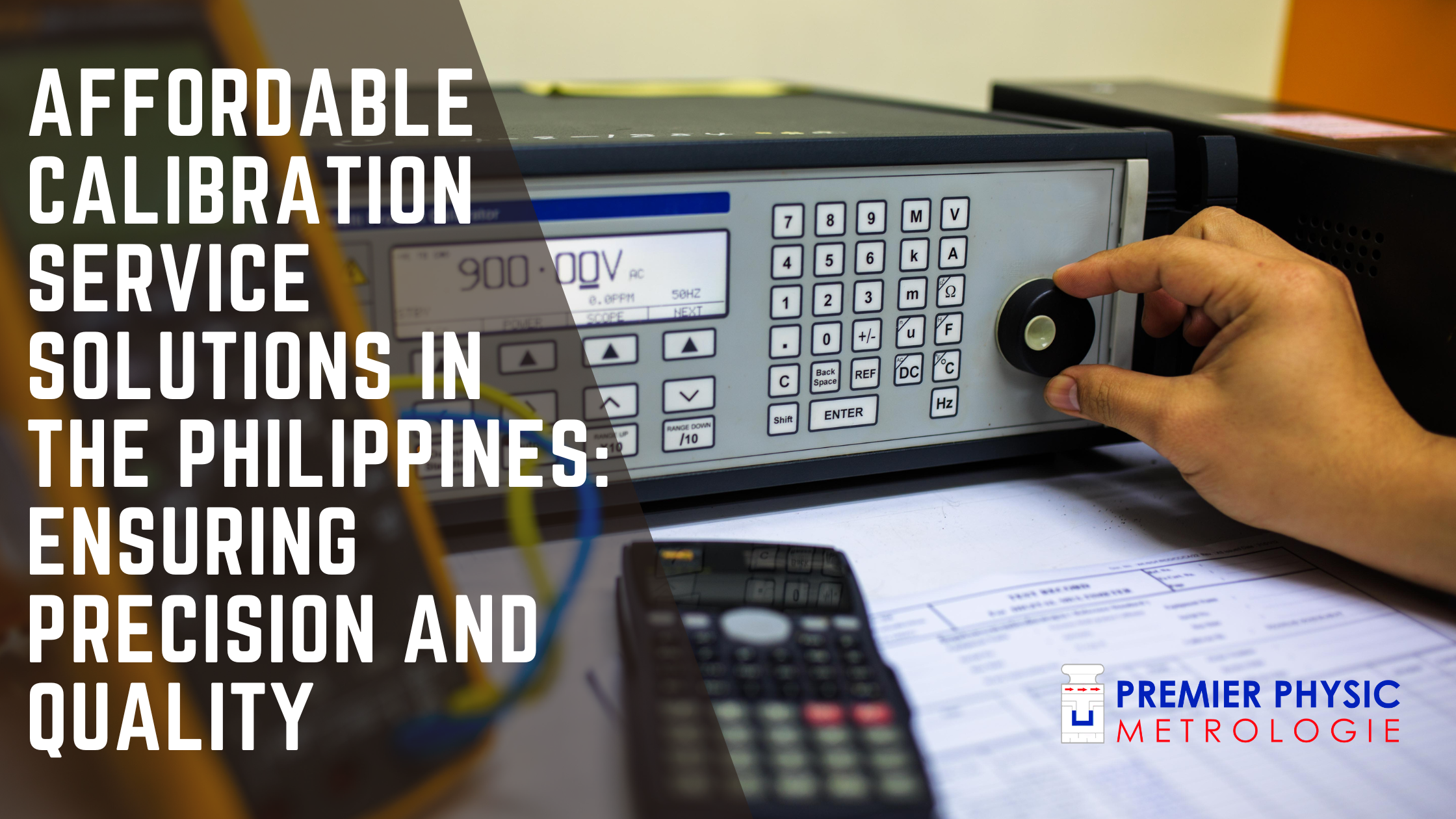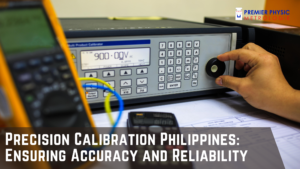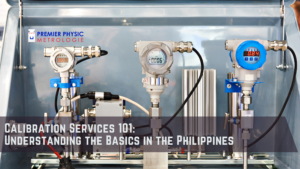Introduction
Welcome to our comprehensive guide on affordable calibration service solutions in the Philippines. In this article, we will delve into the importance of calibration, its benefits, and how you can find reliable and cost-effective calibration services in the Philippines. Calibration is a critical process that ensures the accuracy and reliability of various measuring instruments and equipment. By calibrating your instruments regularly, you can guarantee precision in your measurements, enhance product quality, and comply with industry standards.
Affordable Calibration Service Solutions in the Philippines: What You Need to Know
When it comes to affordable calibration service solutions in the Philippines, there are several factors to consider. Let’s explore these factors in detail.
Importance of Calibration
Calibration plays a vital role in various industries, including manufacturing, engineering, healthcare, and scientific research. It ensures that measuring instruments and equipment provide accurate readings and reliable results. By calibrating your instruments, you can eliminate measurement errors, reduce uncertainties, and maintain the quality and consistency of your processes. Calibration also helps in complying with regulatory requirements and industry standards, giving you the confidence that your products or services meet the necessary specifications.
The Calibration Process: A Step-by-Step Overview
- Preparation: Before the calibration process begins, the calibration technician gathers all the necessary equipment, standards, and documentation required for the procedure. This ensures that the calibration process is carried out efficiently and accurately.
- Inspection: The technician visually inspects the instrument for any physical damage or defects that may affect its performance. This step helps identify any potential issues that need to be addressed before calibration.
- Functional Testing: The technician performs functional tests to verify the instrument’s basic operations and functionality. This ensures that the instrument is working correctly before proceeding with the calibration process.
- Calibration: Using calibrated reference standards, the technician compares the readings of the instrument being calibrated against known values. This step determines the accuracy and reliability of the instrument’s measurements.
- Adjustment: If the instrument’s readings deviate from the known values, the technician makes necessary adjustments to bring it within the acceptable range. This step ensures that the instrument provides accurate measurements.
- Documentation: The calibration process is thoroughly documented, including the instrument’s initial condition, calibration results, adjustments made, and any notes or observations. This documentation serves as a record for future reference and audit purposes.
Benefits of Affordable Calibration Service Solutions
Choosing affordable calibration service solutions in the Philippines offers several benefits. Let’s explore them:
- Cost-Effectiveness: Affordable calibration services allow you to maintain the accuracy and reliability of your instruments without breaking the bank. These services provide quality calibration at a reasonable cost, ensuring that you get the best value for your money.
- Increased Productivity: By calibrating your instruments regularly, you can minimize downtime and avoid costly errors. Accurate measurements lead to efficient processes, reducing waste and improving overall productivity.
- Compliance with Standards: Calibration services help you meet regulatory requirements and industry standards. This ensures that your products or services adhere to the necessary specifications, enhancing customer satisfaction and trust.
- Longevity of Instruments: Regular calibration extends the lifespan of your instruments by identifying potential issues early on. By addressing these issues promptly, you can prevent further damage and avoid premature equipment failure.
Finding Affordable Calibration Service Solutions in the Philippines
Finding reliable and affordable calibration service solutions in the Philippines is essential to ensure the accuracy and reliability of your instruments. Here are some tips to help you in your search:
- Research and Reviews: Start by conducting thorough research on calibration service providers in the Philippines. Look for customer reviews and testimonials to gauge their reputation and reliability. Online platforms and forums can provide valuable insights from other customers’ experiences.
- Accreditations and Certifications: Check if the calibration service provider has the necessary accreditations and certifications. This ensures that they meet international standards and have the technical competence to calibrate your instruments accurately.
- Range of Services: Assess the range of services offered by different calibration service providers. Look for providers that offer calibration for a wide variety of instruments and equipment, ensuring that all your calibration needs can be met in one place.
- Turnaround Time: Consider the turnaround time offered by the calibration service provider. Prompt calibration services minimize downtime and allow you to resume your operations quickly.
- Price and Cost-Effectiveness: While affordability is important, it should not compromise the quality of calibration. Compare prices among different providers, keeping in mind the reputation, expertise, and range of services they offer.
FAQs about Affordable Calibration Service Solutions in the Philippines
Q: How often should I calibrate my instruments?
A: The frequency of calibration depends on various factors, including the type of instrument, its usage, and industry regulations. It is generally recommended to calibrate instruments annually or according to the manufacturer’s guidelines. However, certain instruments may require more frequent calibration, especially those used in critical measurements or highly regulated industries.
Q: What happens if I skip or delay calibration?
A: Skipping or delaying calibration can lead to inaccurate measurements, compromising the quality of your products or services. It can also result in non-compliance with regulatory requirements and industry standards, potentially leading to legal consequences or reputational damage. Regular calibration ensures that your instruments provide reliable and accurate readings.
Q: Can I calibrate my instruments in-house?
A: While some organizations have in-house calibration capabilities, it is generally recommended to outsource calibration to professional service providers. Accredited calibration labs have the necessary expertise, specialized equipment, and reference standards to ensure accurate calibration. Outsourcing calibration also saves time, resources, and effort for your organization.
Q: What industries benefit from affordable calibration services?
A: Affordable calibration services benefit a wide range of industries, including manufacturing, pharmaceuticals, healthcare, food and beverage, automotive, aerospace, and research laboratories. Any industry that relies on accurate measurements and precise instruments can benefit from affordable calibration services to maintain quality and compliance.
Q: How can calibration contribute to improved product quality?
A: Calibration ensures that the measurements taken during various stages of production are accurate and reliable. By calibrating your instruments, you can detect and correct any deviations early on, preventing defective products from reaching the market. Calibration also helps identify process inefficiencies and inconsistencies, enabling you to improve product quality and customer satisfaction.
Q: Are there any legal requirements for calibration in the Philippines?
A: The Philippines has various regulations and standards that require calibration for certain instruments and equipment used in specific industries. It is essential to consult the appropriate regulatory bodies or industry associations to determine the specific legal requirements applicable to your organization.
Conclusion
In conclusion, affordable calibration service solutions in the Philippines are crucial for ensuring precision, reliability, and compliance in various industries. By investing in regular calibration, you can maintain the accuracy of your instruments, enhance product quality, and meet industry standards. Remember to choose a reputable calibration service provider that offers a wide range of services, certifications, and cost-effectiveness. With affordable calibration services, you can optimize your operations, minimize errors, and deliver high-quality products or services.




